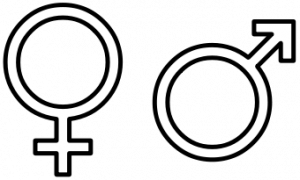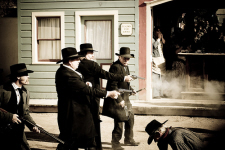Overcoming Gender Stereotypes: What Can Law Schools Do?
 As Andrea Schneider observes in a new article, media coverage of the 2008 election nicely illustrates the dilemma facing many women in leadership roles: they are apt to be perceived as either competent but unlikeable (the way that Hillary Clinton was often portrayed) or likeable but incompetent (the way that Sarah Palin was often portrayed). Andrea and her coauthors also discuss research indicating that this dilemma is not limited to the political sphere, but may be experienced by professional women in many other settings, including the practice of law.
As Andrea Schneider observes in a new article, media coverage of the 2008 election nicely illustrates the dilemma facing many women in leadership roles: they are apt to be perceived as either competent but unlikeable (the way that Hillary Clinton was often portrayed) or likeable but incompetent (the way that Sarah Palin was often portrayed). Andrea and her coauthors also discuss research indicating that this dilemma is not limited to the political sphere, but may be experienced by professional women in many other settings, including the practice of law.
Although the problem they discuss seems to arise from deeply rooted gender stereotypes, Andrea and her coauthors believe that educational institutions (including law schools) can help to reduce the negative effects of the stereotypes. For instance, they suggest a number of specific exercises that can help to raise awareness among students of the persistence of gender bias, such as having students evaluate two hypothetical job applicants with identical credentials, one male and one female.
The article, coauthored with Catherine Tinsley, Sandra Cheldelin, and Emily Amanatullah, is entitled “Leadership and Lawyering Lessons From the 2008 Elections.” It was recently published at 30 Hamline J. Pub. L. & Pol’y 581.

